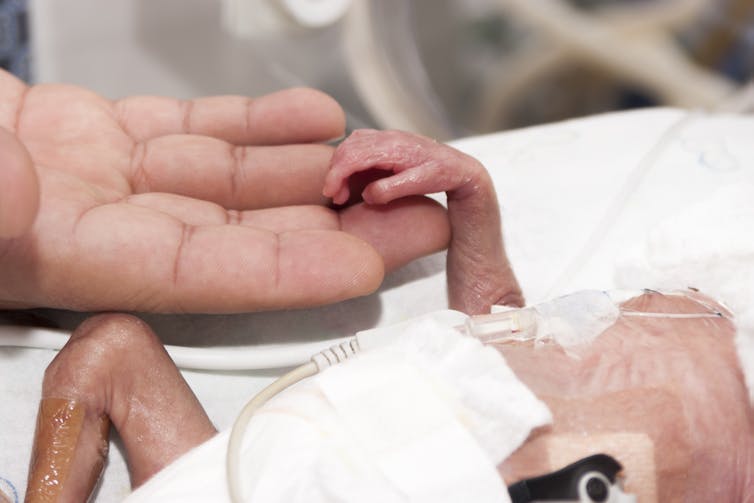Criticising Stigma Whilst Reinforcing it: the Case of the Response to CRUK’s Anti-Obesity Campaign
Written by Rebecca Brown
There has been recent concern over CRUK’s (Cancer Research UK) latest campaign, which features the claim ‘obesity is a cause of cancer too’ made to look like cigarette packets. It follows criticism of a previous, related campaign which also publicised links between obesity and cancer. Presumably, CRUK’s aim is to increase awareness of obesity as a risk factor for cancer and, in doing so, encourage people to avoid (contributors to) obesity. It may also be hoped to encourage public support for policies which tackle obesity, pushing the Overton window in a direction which is likely to permit further political action in this domain.
The backlash is mostly focused around the comparison with smoking, and the use of smoking-related imagery to promote the message (there is further criticism of the central causal claim, since it is actually quite difficult to establish that obesity causes cancer).

